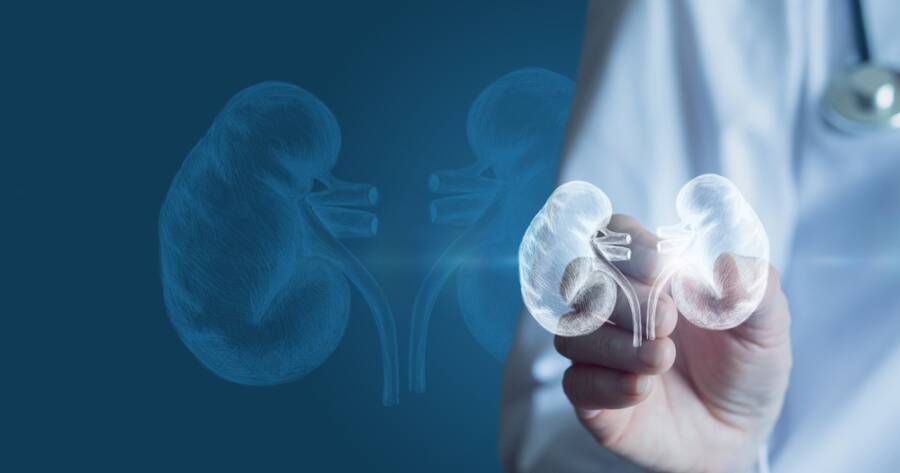Maintaining kidney health through diet is crucial, particularly for individuals with chronic kidney conditions. Emphasizing low potassium fruits, rich in antioxidants, can enhance kidney function while reducing inflammation and other health risks. Discover how proper nutritional choices, beyond just fruits, can play a pivotal role in supporting long-term kidney wellness.
Understanding Kidney Health and Diet
Kidney health plays a vital role in the body’s overall functionality by filtering waste and balancing fluids. Diet is a key factor in maintaining kidney health, especially for individuals dealing with chronic kidney conditions. Incorporating the right fruits and foods can significantly impact kidney function and overall health.
Fruits and vegetables that are low in potassium are generally recommended for those aiming to protect their kidney health. Examples include a range of berries like strawberries and blueberries, which are rich in antioxidants and provide anti-inflammatory benefits. These fruits are not only low in potassium but are also nutrient-dense, aiding in the prevention of kidney damage while reducing other health risks like inflammation.
The Role of Antioxidants
Antioxidants are crucial as they help neutralize harmful free radicals in the body such as those found in cranberries and plums. For individuals with chronic kidney disease, consuming antioxidant-rich foods can offer protection against additional diseases such as cancer and heart disease.
Additionally, plums, blackberries, and red cabbage provide robust antioxidant support, enriching diets with vitamins and essential nutrients. These fruits and vegetables are especially beneficial as they contribute to a balanced and kidney-friendly diet without increasing the body’s mineral load.
Fruits Beneficial for Kidneys
A variety of fruits can be integrated into a kidney-friendly diet due to their low potassium content and health benefits. Apples stand out for their natural anti-inflammatory properties, particularly when eaten with the peel intact. Pineapples are also highlighted for their low potassium level and bromelain content, which may help in managing blood pressure and dissolving kidney stones.
It’s crucial for individuals with kidney disease to avoid fruits high in potassium like bananas and avocados, as such fruits can exacerbate renal conditions. Instead, those managing kidney disease should incorporate fruits that are low in potassium and rich in fiber and vitamins.
Beyond Fruits: Other Foods for Kidney Health
Kidney health can be further supported by a variety of other dietary choices. Cauliflower is an excellent substitute for starchy foods due to its low potassium levels and high nutrients such as vitamins C and K and B vitamins. Other vegetables like bell peppers and cabbage enhance kidney health through their antioxidants and fiber content, while arugula aids in lowering blood pressure.
Olive oil and garlic contribute essential flavor to dishes without adding excessive sodium, a crucial consideration for kidney patients. Similarly, lean proteins like skinless chicken and egg whites offer high-protein options without burdensome sodium and phosphorus levels.
Nutritional Practices for Optimal Kidney Health
Maintaining kidney health requires a careful approach to nutritional intake. Staying well-hydrated is essential because water aids in processing and expelling waste from the body efficiently. Incorporating spices such as turmeric and oregano can enhance antioxidants in meals while improving taste without adding salt.
For fats, macadamia nuts and fatty fish rich in omega-3 fatty acids, like salmon and tuna, are recommended for their cardiovascular benefits and potential to reduce inflammation. Ensuring a balanced diet rich in these components can significantly influence overall kidney function and health.
Why You Should Learn More About Kidney Health Today
Understanding the impact of diet on kidney health is essential for managing and potentially preventing chronic conditions. By choosing to integrate low potassium fruits, antioxidants, and a well-rounded mix of other nutritional foods, individuals can support their kidney function and overall wellness.
Recognizing and applying these insights can serve as a powerful tool in proactive health management. For further exploration, consider how individual dietary choices align with medical guidance and seek advice tailored to specific health needs.

